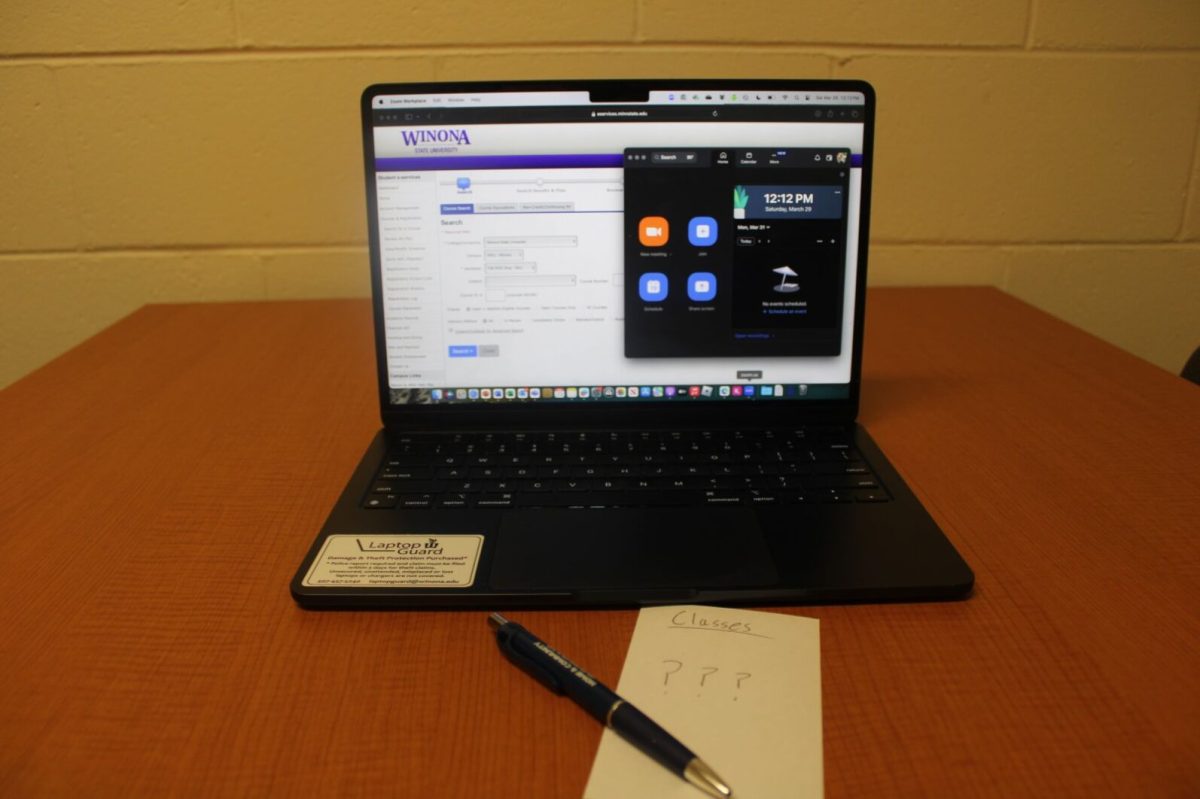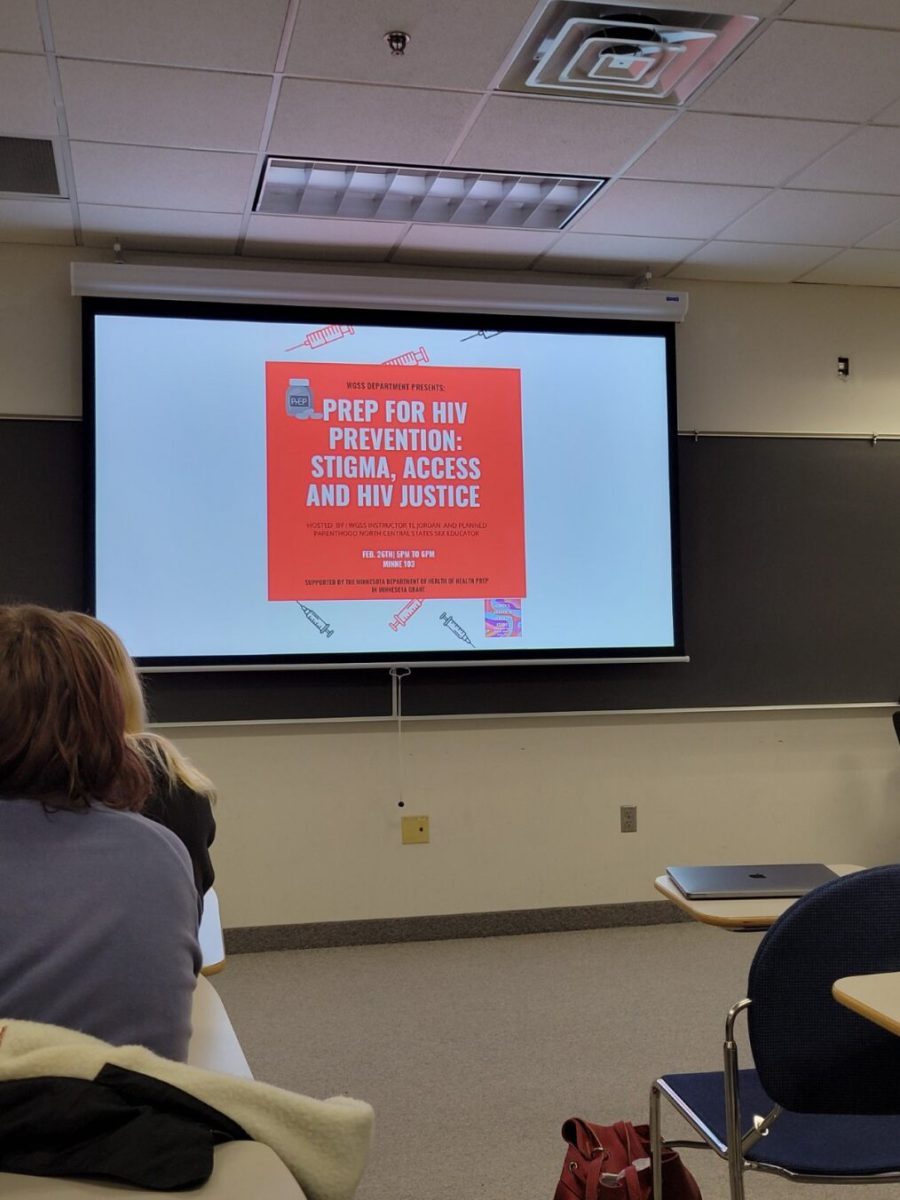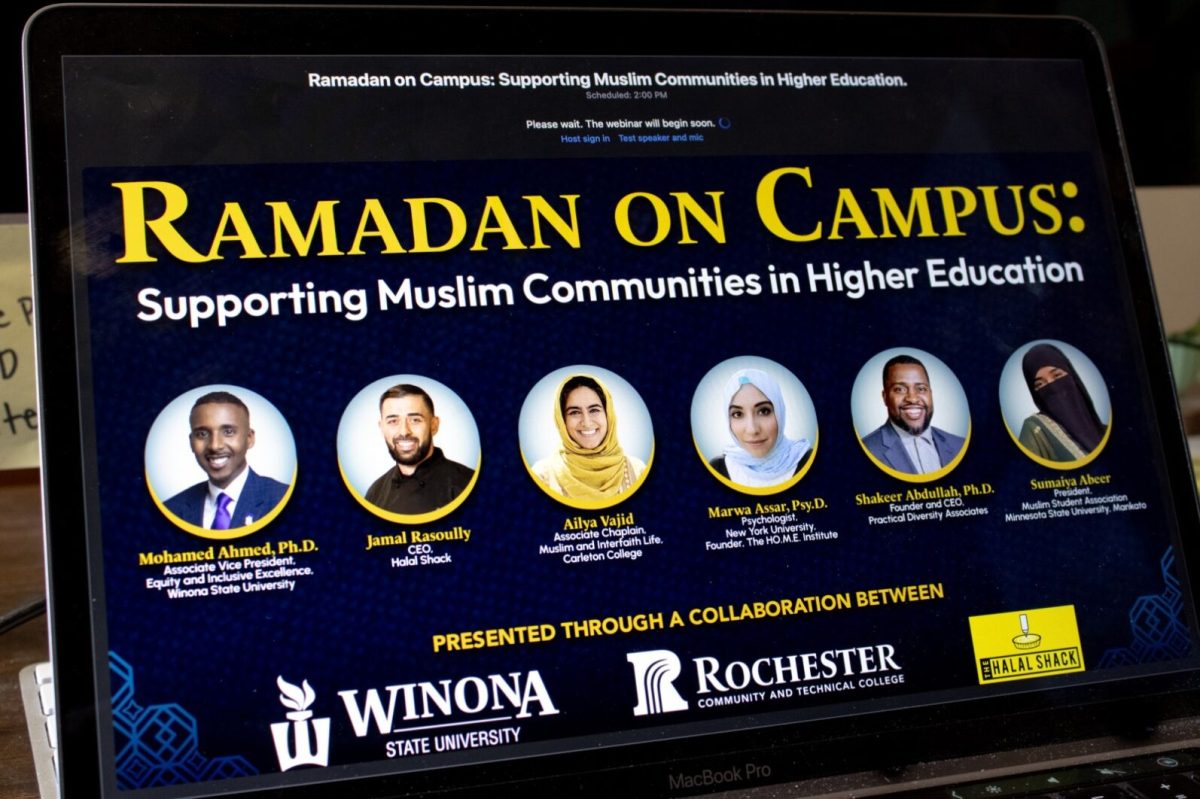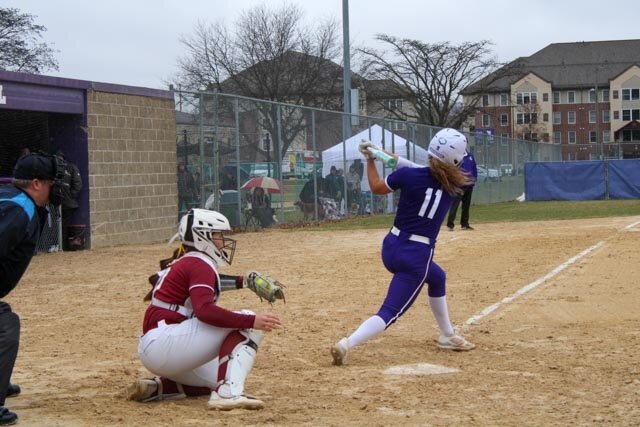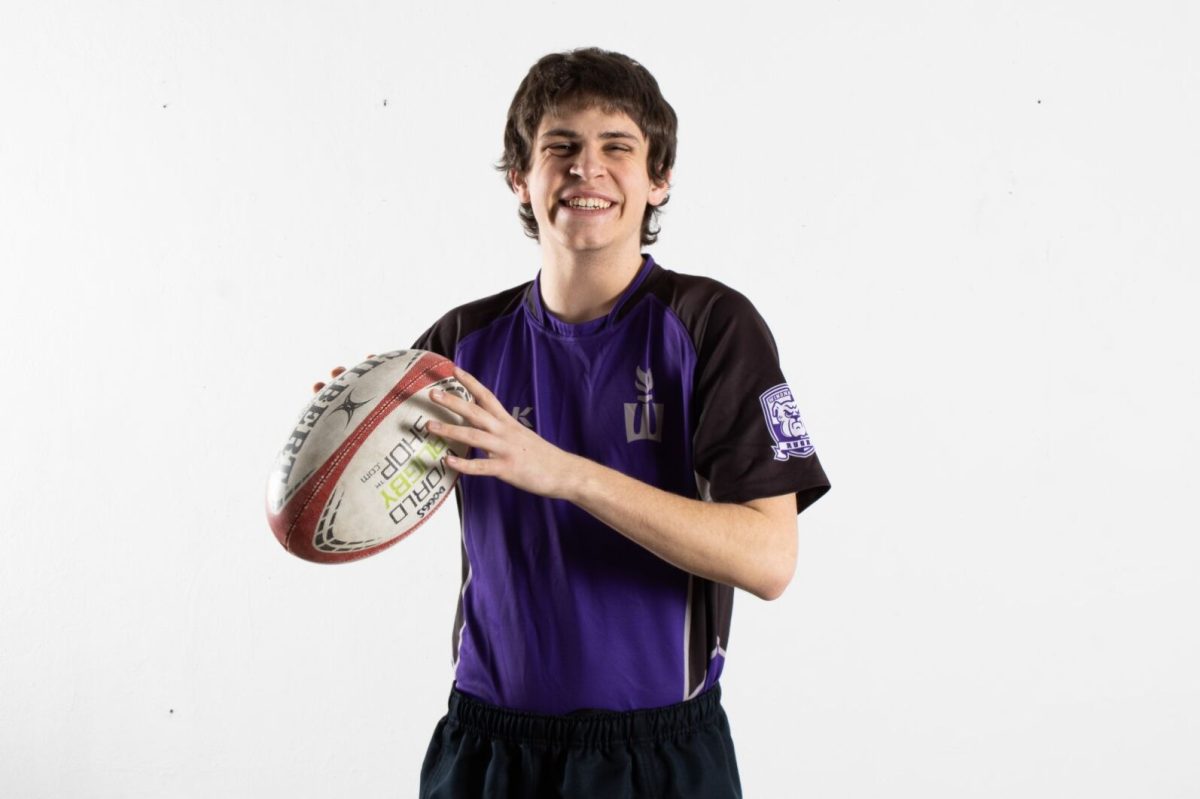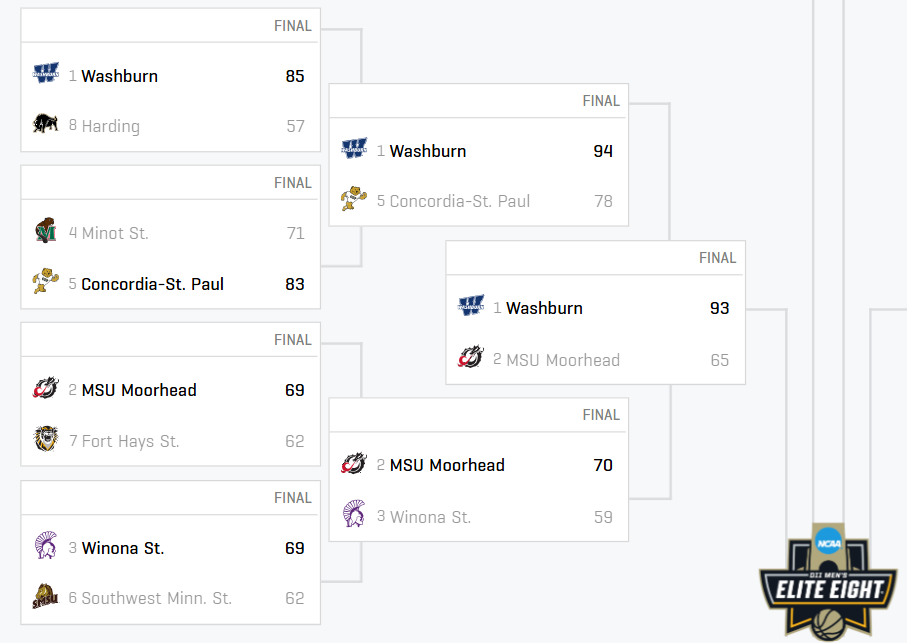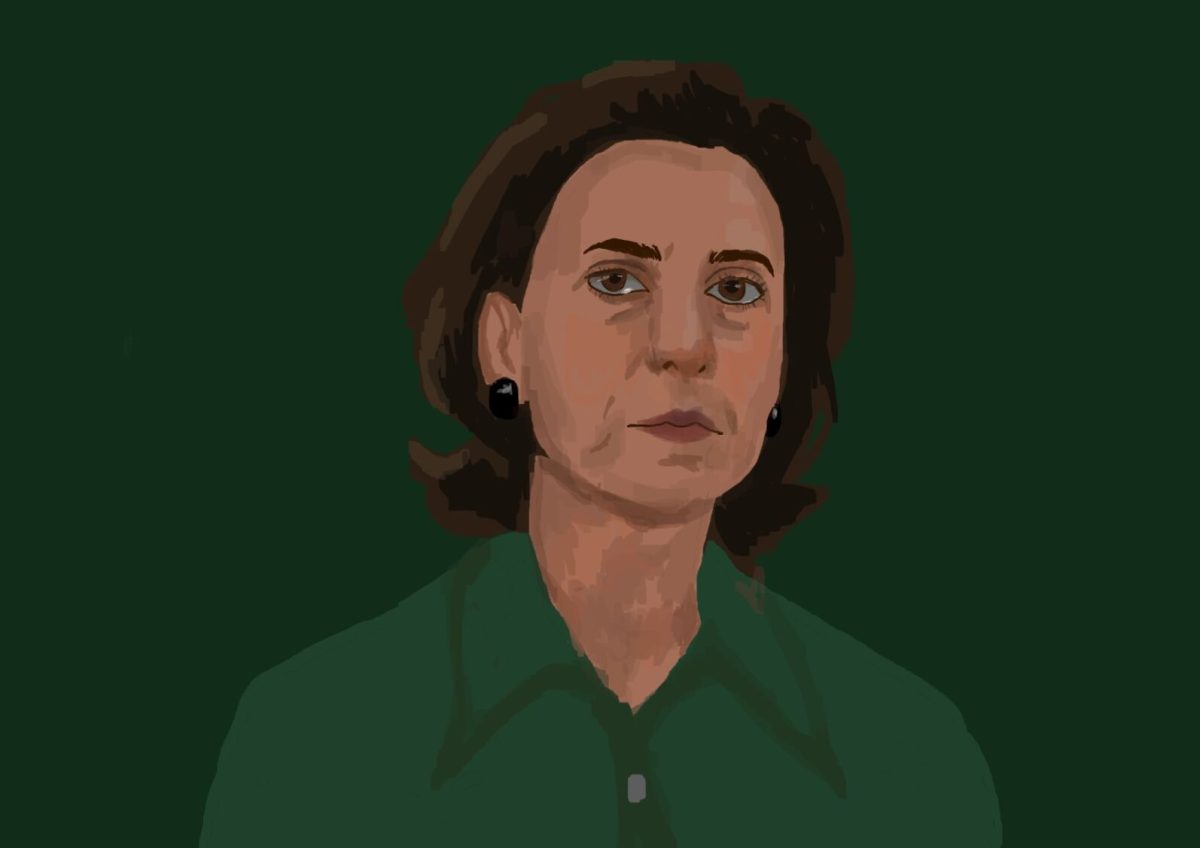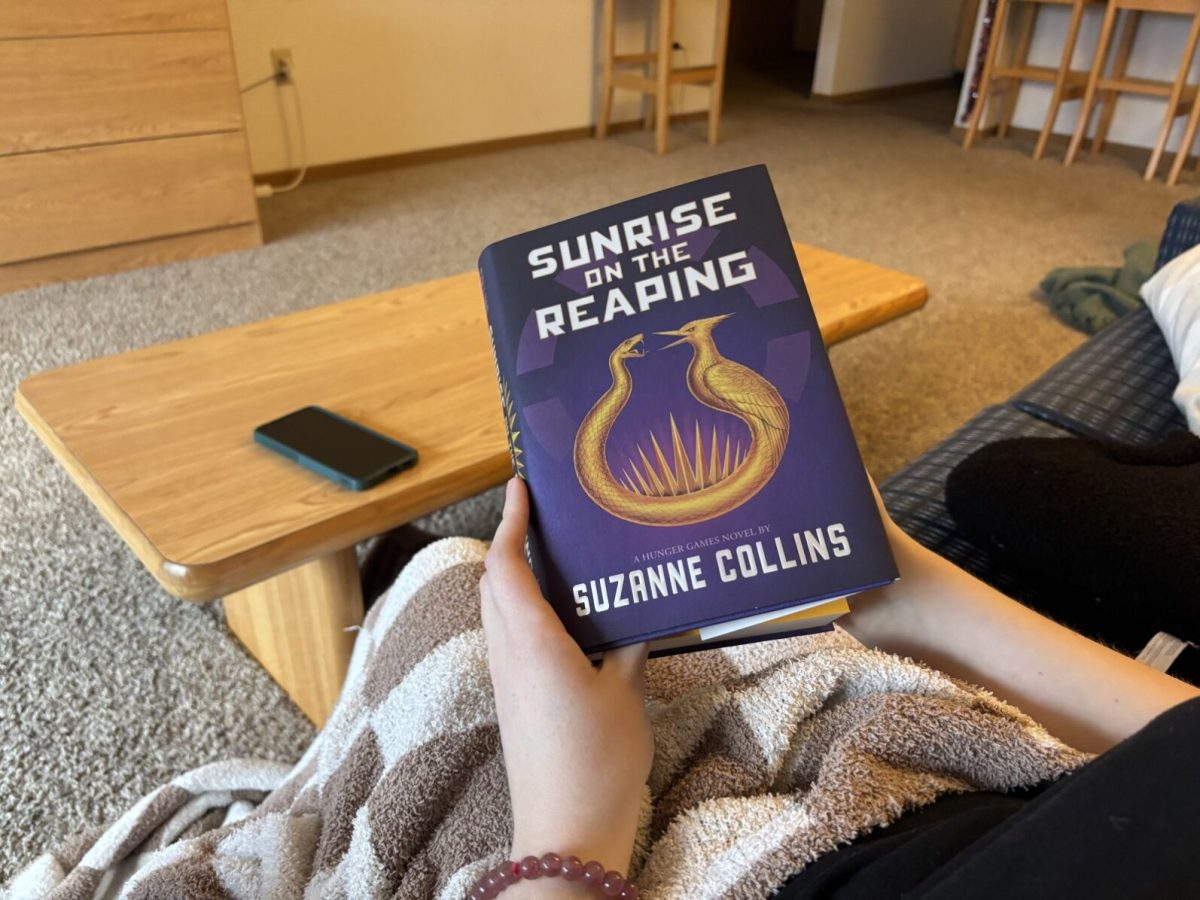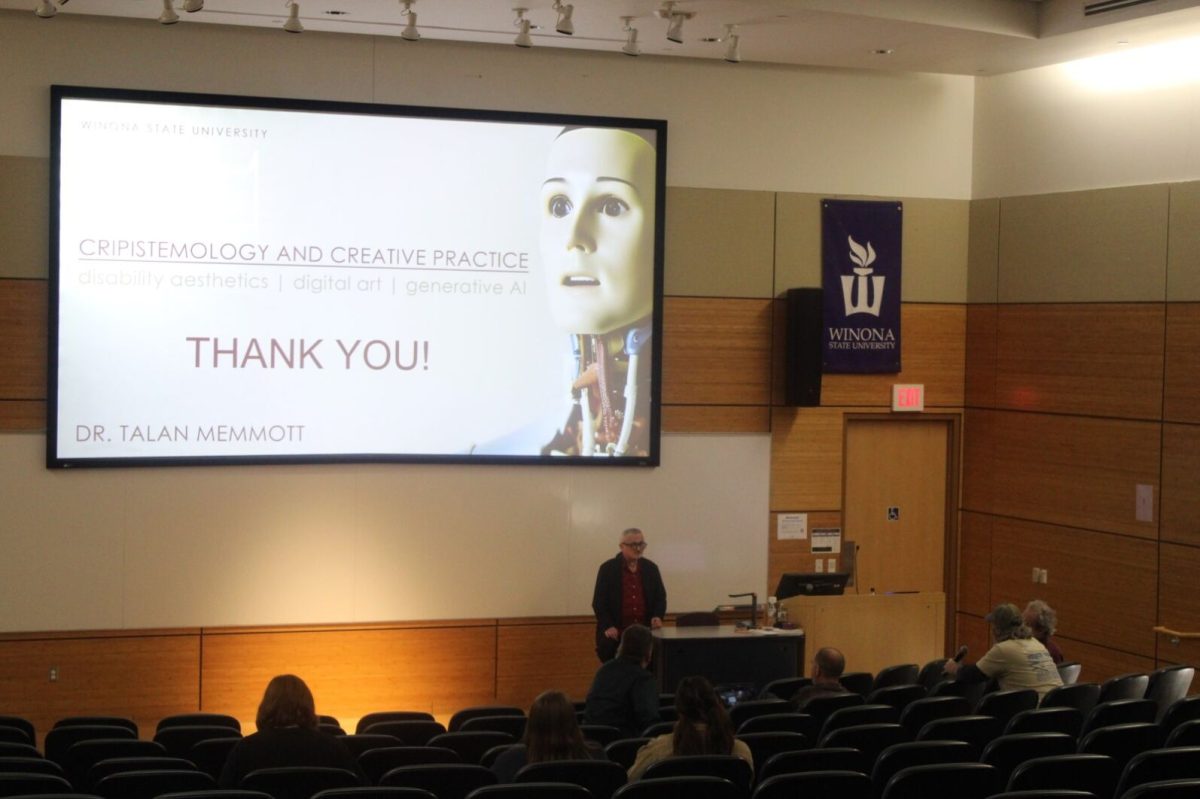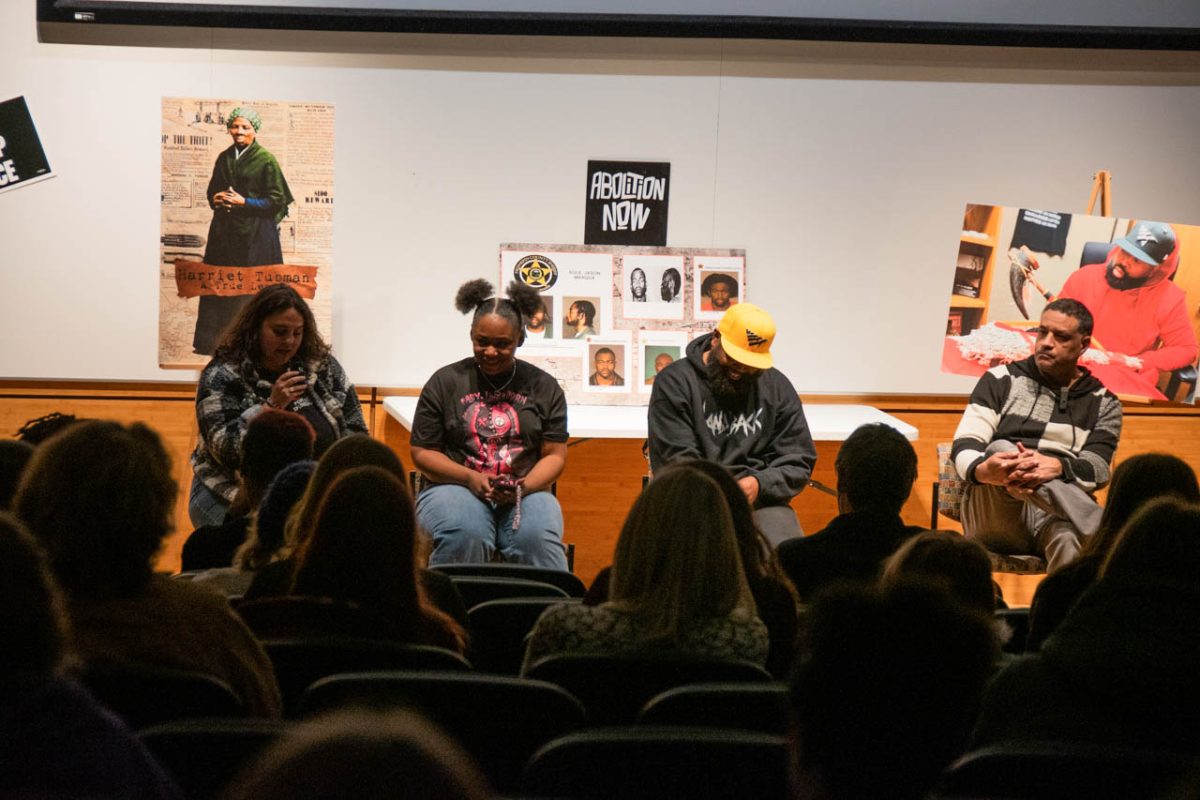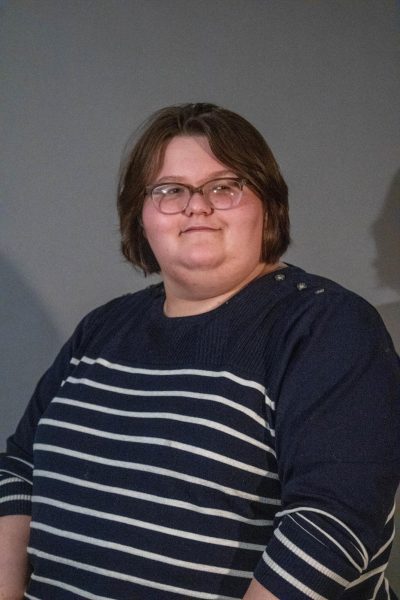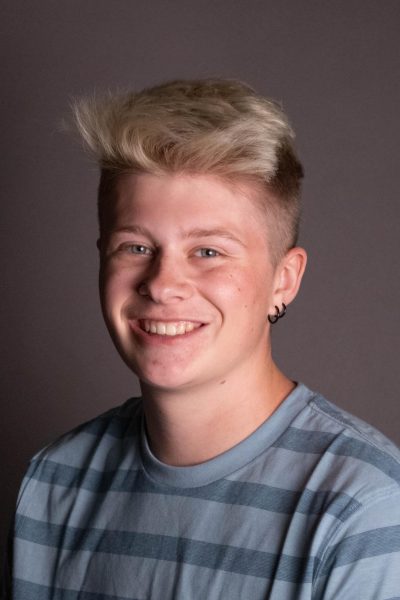Last Tuesday, the local chapter of Community Not Cages, alongside local organization Our Voices and Twin Cities-based Aspiring Abolitionists, brought Working Films’ “Beyond Walls” to Winona State University. Working Films, per their website, “…position[s] documentaries to increase civic engagement and shift culture at the local, state, and national level,” and has done such again with their set of five films centered on abolition and the prison industrial complex (or PIC for short).
Three of the films centered on people’s personal experiences with the prison industrial complex, while the other two were animated films with more information and statistics about the PIC.
From abolitionist organization Critical Resistance, the prison industrial complex is a term used to “describe the overlapping interests of government and industry that use surveillance, policing, and imprisonment as solutions to economic, social and political problems.” Abolitionist groups (i.e. groups for abolition) look to abolish the prison industrial complex, a large part of which is incarceration or imprisonment all together.
While the five “Beyond Walls” films educated viewers on the prison industrial complex and its impact, a big part of the films were centered around not only the people directly imprisoned but also their families and communities.
Keeping in line with the activist-based idea that all social structures are intertwined, the films show how one act impacts everyone. Whether it’s a man and his partner exchanging letters, or parents being with their son and grandchildren after 40 years, or incarcerated people listening intently to a radio station with the hopes of hearing a loved one calling in, the films showed that more than just one person can be impacted by incarceration.
The panel after the film showing featured Tova Strange, a Winona State 2023 graduate who is involved with Communities Not Cages, Jason Soles of Aspiring Abolitionists and his work partner David Starks, and a local high school student whose name won’t be shared for privacy reasons.
The four shared their own experiences with abolition, and sometimes they got deeply personal: Soles and Starks were both formerly incarcerated, and Strange has experienced pushback in their organizing efforts in Winona.
The panel also took questions from the audience, which went from how they work with the formal government compared to doing their own work, to a divest/invest model, to even tackling the question of what happens when accountability fails?
Soles answered “We don’t have any throwaway people. So, if they fail, we still in it… It’s like, if we care about you, we gonna keep trying different things.”
It goes back to the idea of community that the films are centered around, and that idea struck a chord with students, too.
Morgan Adams, a third-year Social Work student commented, stating “What particularly resonated with me was how a community came together to send messages to prisoners through the radio station. I thought it was a beautiful moment where even when things are tough, life still found a way to have love come out on top.”

